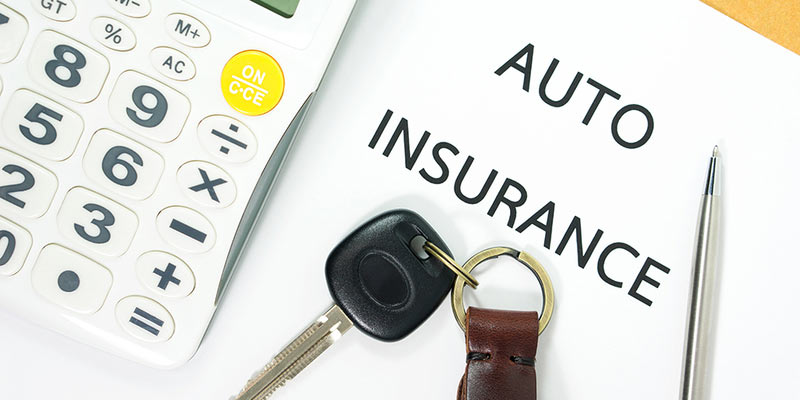Custodial accounts are a common financial vehicle for kids or others who lack the mental capacity to handle their own affairs. A custodial account allows a custodian to handle a beneficiary's assets without the beneficiary having direct access to those assets. A minor child is the most common recipient of a custodial account. Still, a person with a disability or an older person who lacks the competence to manage their finances may also qualify. A custodian appointed to act on behalf of a beneficiary sets up a custodial account. The custodian is the one charged with handling the beneficiary's money and making investment decisions on their behalf. Cash, securities, or even real estate could be among the assets maintained in a custodial account.
What is a Custodial Account?
A custodial account is a special kind of bank account in which a third party (the "custodian") acts as the trustee for the account holder (the "beneficiary"). A custodial account is a type of financial account set up for the benefit of someone who cannot manage their own money, such as a minor kid, an individual with a disability, or an older adult. The custodian is the one charged with handling the beneficiary's money and making investment decisions on their behalf.
Types of Custodial Accounts
Among the many options for custodial accounts, you'll find:
Uniform Gift to Minors Act (UGMA) Custodial Account
The Uniform Gift permits a gift to a juvenile stored in a custodial account to the Minors Act (UGMA). Until the minor reaches the majority age, which varies from state to state, the custodian will handle the UGMA account. The kid will become the legal owner of the account once they attain the age of majority.
Uniform Transfers to Minors Act (UTMA) Custodial Account
In contrast to UGMA, the Uniform Transfers to Minors Act (UTMA) expands the types of assets that can be maintained in a custodial account to include real estate, artwork, and patents. A custodian also oversees the minor's UTMA account until they attain legal adulthood.
529 College Savings Plan

A 529 college savings plan is a trust account that helps people put money away for higher education. The beneficiary, who may or may not be the account owner, can have the account administered by a custodian. If the funds are utilized for eligible educational costs, the earnings and withdrawals are tax-free.
Coverdell Education Savings Account (ESA)
Another custodial account intended to assist families in preparing for education costs is the Coverdell Education Savings Account (ESA). The beneficiary, who may or may not be the account owner, is the custodian responsible for managing the account. Account assets develop tax-free and are accessible tax-free for eligible higher education costs.
Custodial Account Advantages:
Having a custodial account can help in many ways.
Tax-Efficient Savings And Investing
Custodial accounts offer tax-efficient savings and investing for the beneficiary. The beneficiary can benefit from tax-deferred growth of their account's assets until they remove the money.
Estate Planning
In estate planning, custodial accounts can be helpful since they facilitate the orderly transfer of wealth from one generation to the next. The custodian is in a position to oversee the account assets and ensure they are being used appropriately for the benefit of the beneficiary.
Educational Savings
The 529 plan and the Coverdell education savings account are two vehicles that can assist families in setting aside money for future college costs. When used for qualified higher education costs, the funds in these accounts are not only allowed to grow tax-free but can also be withdrawn tax-free.
Financial Education

Using custodial accounts in financial education for minors is likewise becoming increasingly common. The custodian can teach the beneficiary about saving, investing, and being financially responsible by including them in account administration.
Conclusion
When someone else needs help managing their finances, or a youngster needs to have their assets managed on their behalf, a custodial account can be a beneficial tool. They provide a tax-advantaged way to save and invest, play a role in estate planning, and can be used to educate young people about money. But, it would be best to consider the potential downsides, such as less control, tax implications, the possibility of disputes, and the effect on your ability to get financial help. A custodian's dependability, investing knowledge, availability, and costs are all significant considerations when opening a custodial account.



